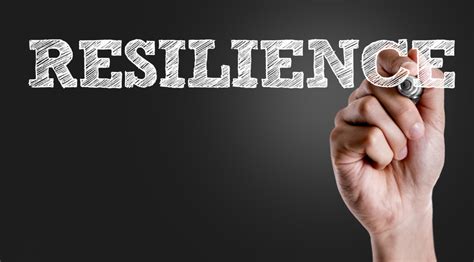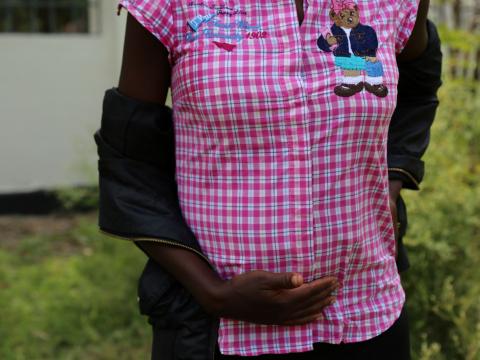Building resilience in children using 7 C’s model

A model is something that can follow to generate expected outcomes. The 7 Cs model helps build resilience and lists essential skills required to enable individuals to handle life situations effectively. Further, it explains the interplay between personal strengths and available resources, regardless of age.
7 Cs components
These are seven integral and interrelated components that enhance resilience building.
Competence
Children become competent when they have opportunities to develop skills that allow them to trust their judgment and make responsible choices. Competence is undermined when we prevent children from trying something new and from recovering on their own. Parents should encourage children to build their strengths, acknowledge what they have done, and provide opportunities to practice these skills to enhance competence. Let children make mistakes, avoid protecting them from every stumble and try to break down ideas one step at a time to understand your points and feel ownership over what they learn.
Confidence
This is the belief in one’s abilities rooted in competence. Children gain confidence by demonstrating competence in real situations. To enhance self-confidence, identify children’s strengths, encourage them to soar high, and be self-motivated to overcome challenges. Children gain confidence as they demonstrate competence in real situations and with their parents’ support. Parents should encourage children to strive for achievable goals, develop personal qualities, and praise them honestly. Specific praise is more believable, and giving feedback has more impact on children.
Character
Individuals need a fundamental sense of right and wrong to make responsible choices, contribute to society, and experience self-worth. Children with “character” enjoy a strong sense of self-worth and confidence. They are in touch with their values and are comfortable sticking to them, demonstrates a caring attitude towards others, have a strong sense of right & wrong and are prepared to make wise choices.
To strengthen character, parents should enhance self-esteem by teaching skills of empathy and caring for others. Children are empowered to recognize they can make choices. Talk to children about how their behaviours affect others, encourage them to consider right versus wrong when making choices, and work with them to clarify and express their values.
Control
Developing an understanding of internal control helps individuals to act as problem-solvers. They learn to control the outcomes of their decisions and view themselves as capable and confident. Children who lack a sense of control feel like their actions don’t matter; they can become passive, pessimistic, and depressed. Resilient children know they have internal control and can make a difference. Parents should encourage children to recognize their successes and reward demonstrated responsibility with increased freedom.
Coping
Children cope with stress effectively and are better prepared to handle adversity and setbacks. Those with a vast repertoire of coping skills can manage more effectively and be better prepared to overcome life’s challenges. When children are in crisis, strategies; like exercising, practising relaxation techniques, sleeping, and eating well can offer relief. Parents should model step-by-step problem-solving processes, avoid reacting emotionally when overwhelmed, and demonstrate the importance of caring for their bodies.
Connection
Children with close ties to friends, family, and community groups are likely to have a stronger sense of security and belonging and are more likely to have strong values. Parents should foster a sense of caring for family members. Empathizing with positive and negative emotions helps children feel well-understood and adored. This emotional safety net gives them the foundation required to express feelings and solve problems.
Connections to civic, educational, religious, and sports groups can increase the sense of belonging and safety. Parents should allow children to express all emotions, don’t encourage suppression of unpleasant feelings, and show relationship matters by addressing conflict directly. Work to resolve problems and encourage children to develop close relationships with others by setting an example through fostering healthy relationships.
Contribution
A sense of purpose is a powerful motivator, and contributing to one’s community reinforces positive reciprocal relationships. Appreciating your child contributes to an increased willingness to take action and make choices that improve the world, enhancing their competence, character, and sense of connection.
Children gain a sense of purpose by seeing the importance of their contributions, which motivates them to take action. Parents should communicate with their children, teach them important values and create opportunities for them to contribute in a specific way.
Conclusion
The 7 Cs model provides a practical approach for parents and communities to prepare children to thrive and build the resilience required to process and overcome hardship. It helps them tap into individual strengths and have support systems to overcome challenges in life.
The article was written by Dr. Catherine Gichuba, CEO and Lead Consultant at Regional Social Consultants Agency (RESCA).
Grab the latest issue of Parents Magazine Here







